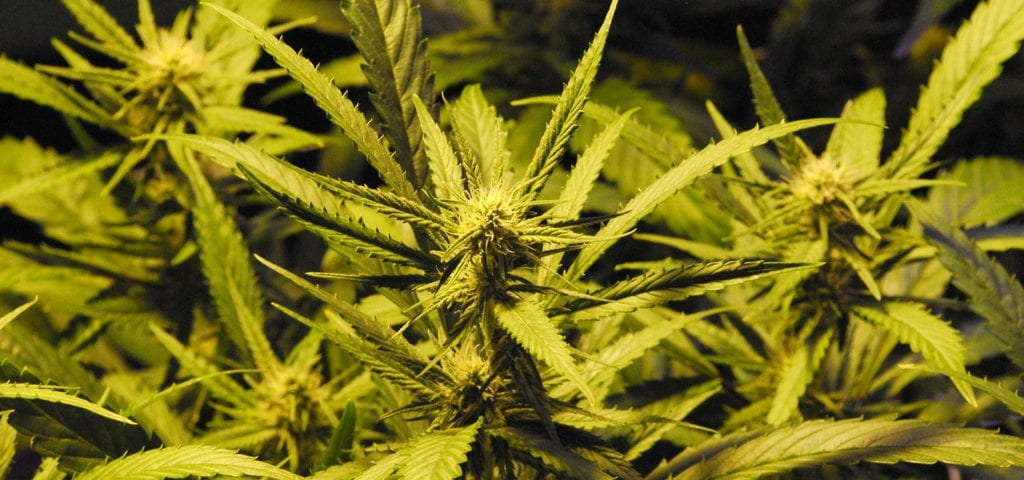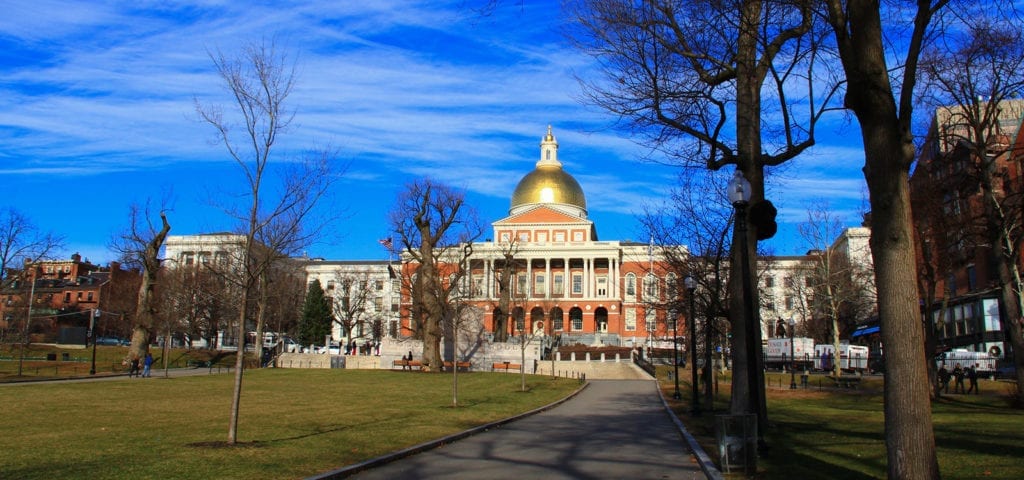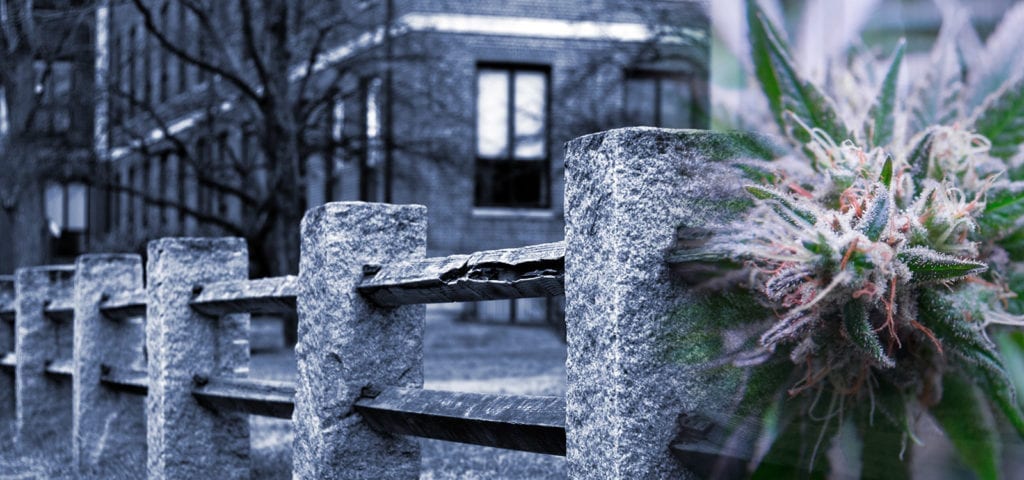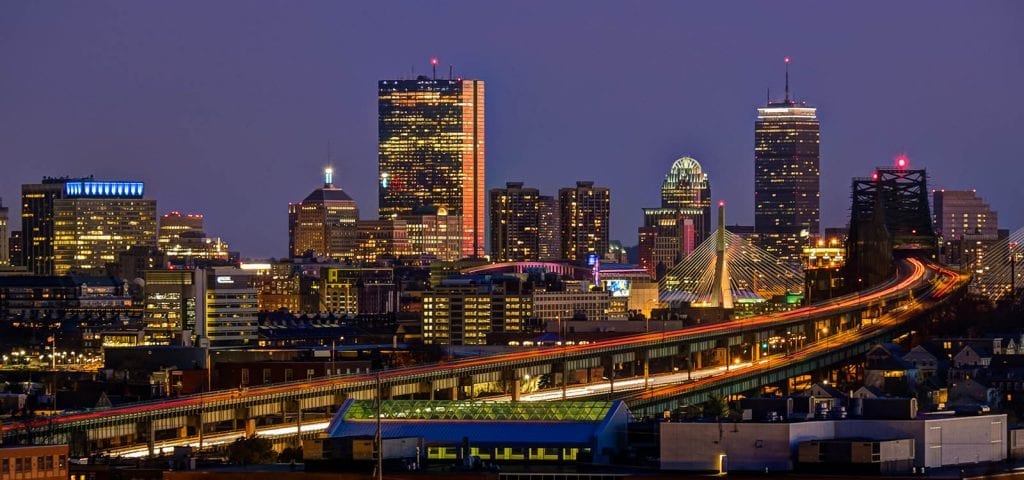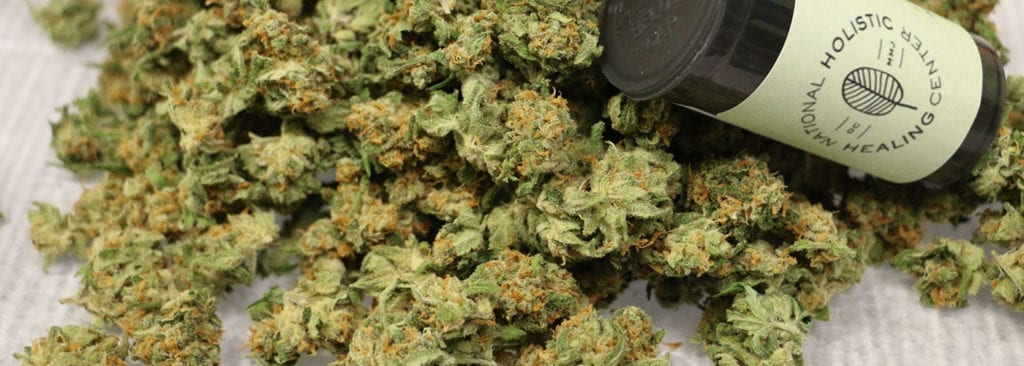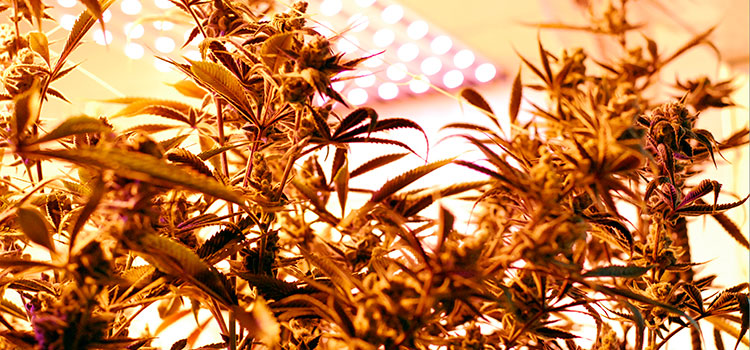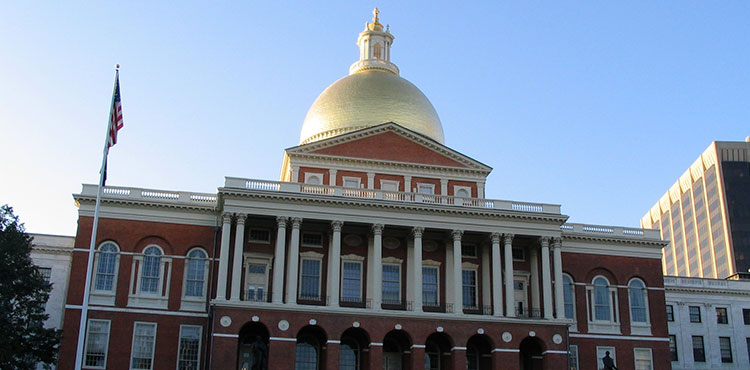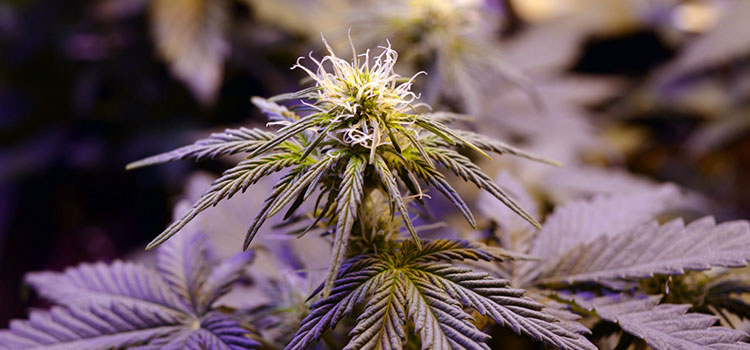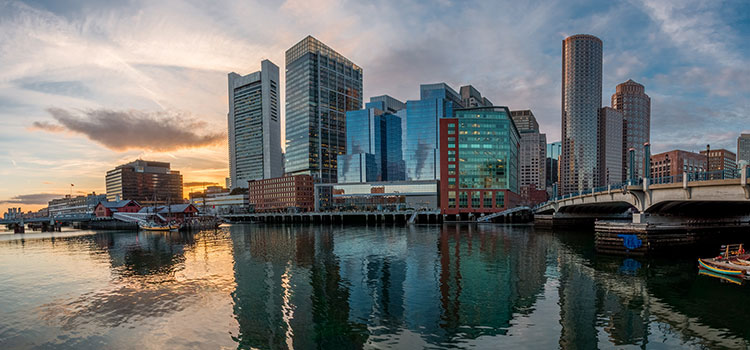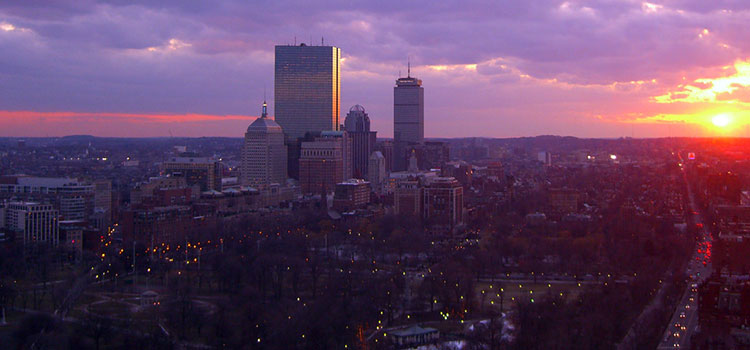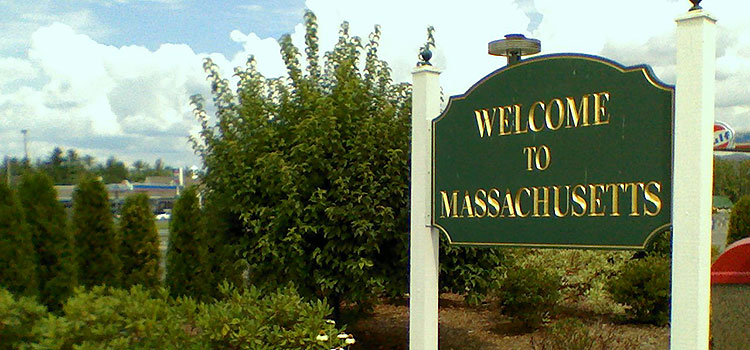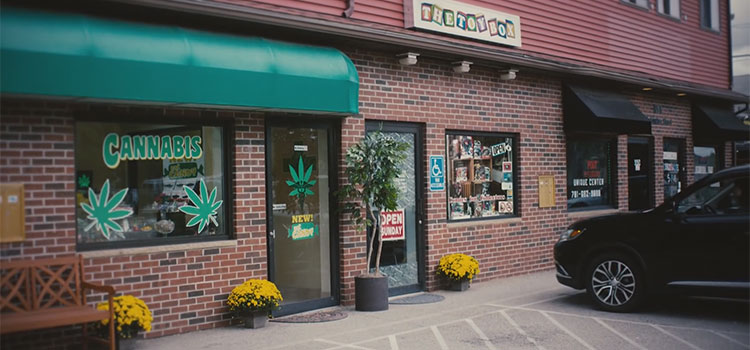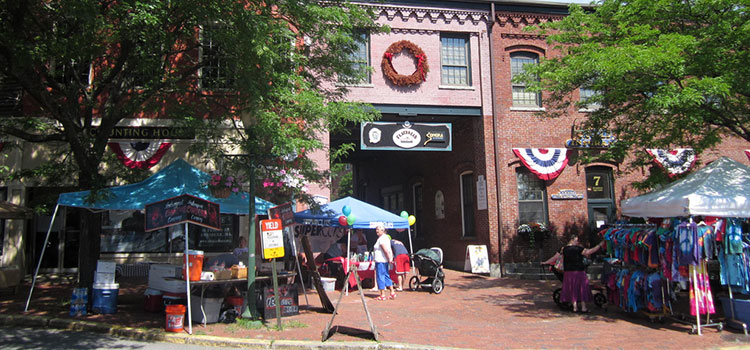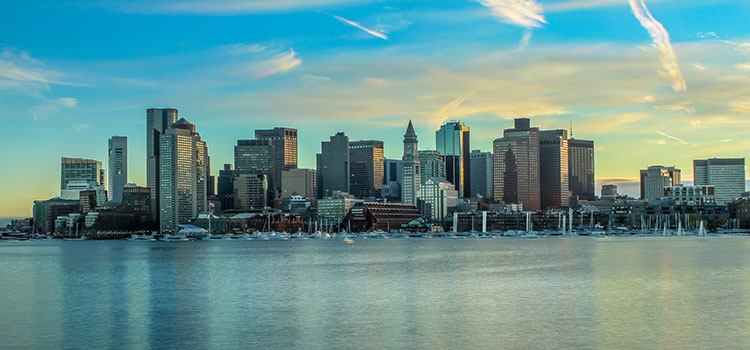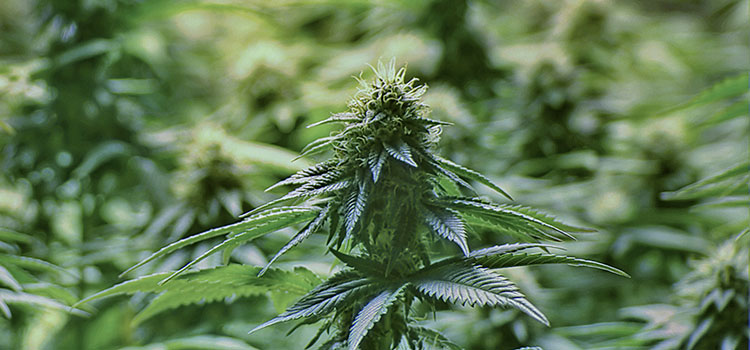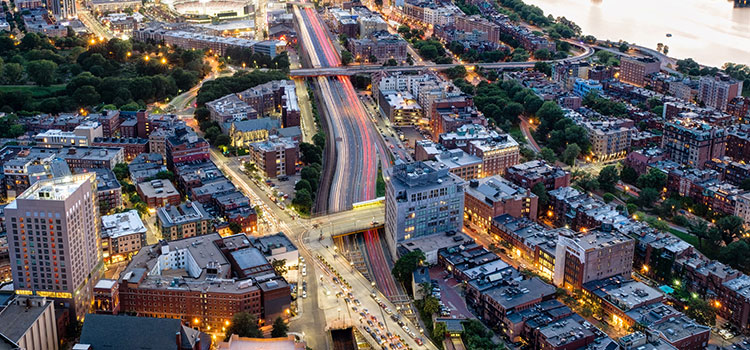Massachusetts’ two legislative bodies passed conflicting bills regarding adult-use cannabis this week. The House bill would overrule the wishes of state voters, while the Senate bill seeks only minor adjustments to the state’s voter-approved legalization initiative.
The House bill seeks to repeal and replace the state’s voter-approved legalization bill with a much stricter adult-use cannabis regime. The bill was temporarily pulled last week following pushback from cannabis advocates; however, according to a Boston Globe report, the bill’s rework — which was approved by lawmakers in a 126-28 vote on Wednesday — would still more than double the voter-approved initiative’s tax rates and would change the rules regarding local bans on the industry.
The House bill would raise cannabis tax rates from the voter-approved maximum of 12 percent to 28 percent and would allow officials to enact local bans or moratoria on the industry (under the original initiative, such a move is only possible following a majority vote by local voters).
The Senate bill, however — which was approved in a 30-5 vote by state senators on Thursday, according to a report by NECN — would keep the voter-approved initiative intact and would instead adjust how the state oversees the recreational and medical cannabis markets.
“We should not repeal and replace … we should amend and improve,” Sen. Patricia Jehlen, co-chair of the Legislature’s Marijuana Policy Committee, said on Thursday. “That is what this bill will do.”
“We need to try to restore some trust in government by not overriding the will of the people,” Jehlen added.
Lawmakers now must seek a compromise over the conflicting bills, which will be handled via a special conference committee made up of three senators and three representatives.
Legislative leadership has announced plans to send a bill to the governor’s desk by July 1 — any later than that may jeopardize Massachusetts‘ recreational cannabis regime’s planned launch date of July 1, 2018.
End
